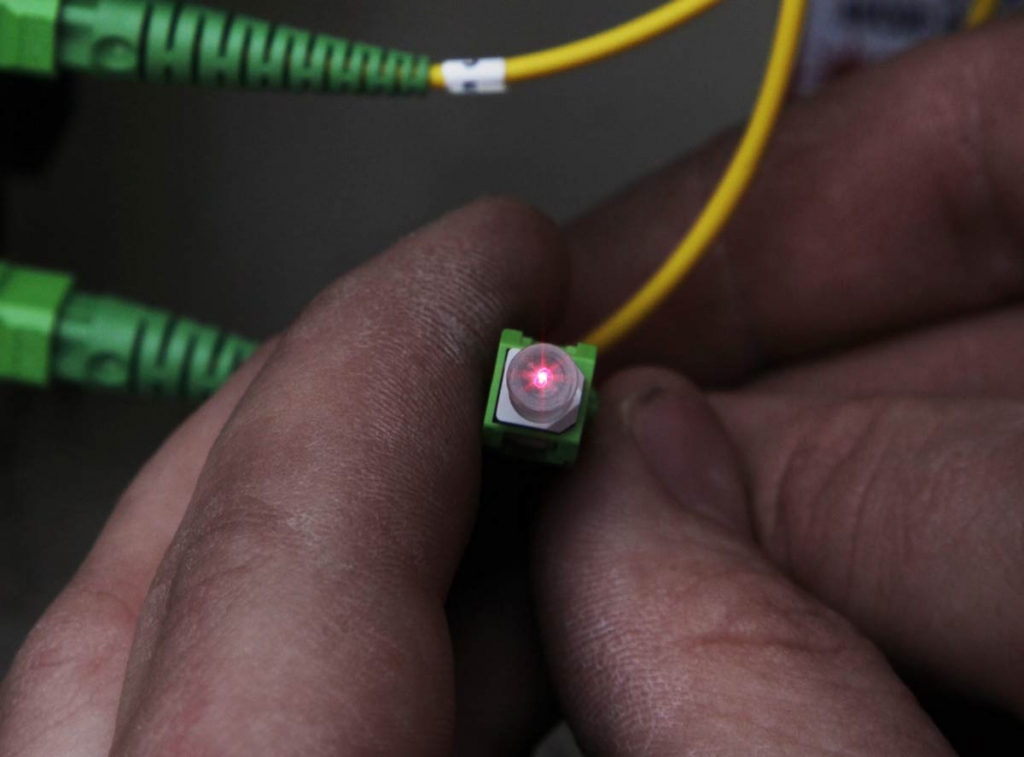FCC requires consumer protections in telephone transition to IP
If the copper is replaced with fibre and the same quality of services is available to customers, no prior approval is needed from the FCC for retiring copper. “While I chuckle at the efforts of some to discover rate regulation hiding under this bed, the decision today is a simple matter: changing technology does not change responsibility”. But that is not the case for new fiber lines.
The FCC has voted to require facilities-based fixed-voice services providers – including cable operators – to offer backup power options at point of sale, though backup power is not mandated.
Commissioner Clyburn said one of her chief concerns about the IP transition and the accompanying copper retirement process is that not enough has been done to educate consumers that it the transition is happening. In a 2009 transition from analog to digital television in the U.S., the government spent billions of dollars on educational outreach, when the number of affected consumers was about half of the number potentially affected by the IP transition, she said.
“If you have a pacemaker a lot of people are required to upload the data from the pacemaker to their doctors and that has to be done on a copper landline”, she said.
Today’s vote should make it clear to carriers they if they want to shut off copper and install fiber, they should go for it-as long as they keep consumers informed, FCC Chairman Tom Wheeler said.
“It appears that Chicken Little rules the roost”, writes Commissioner Ajit Pai in a dissent to the updated transition rules.
“Fiber is the future of communications”, he said. “Lobbyists are claiming the sky will fall if fresh fiber replaces aging, twisted pairs of copper”.
That trend is certain to continue, raising the question of what to do about service that remains dependent on the vast copper-based infrastructure that supported the conventional phone system for more than a century.
Fiber allows much greater Internet speeds than copper, but it does have one downside for landline phones.
Given those issues, the FCC’s move drew mixed response from competitive providers and industry groups alike.
The FCC also started a consultation on how to evaluate and compare the replacement and legacy services.
“Upholding competition policy, regardless of network technology, will serve as the catalyst for new network deployment, better customer service and continued innovation”, Pickering said.
“Today’s ruling recognizes the transitions that are taking place in today’s networks”, said Chris Ancell, CEO of XO, in a statement.
The FCC also voted Thursday to require telecom carriers planning to retire traditional telephone networks to notify both residential and business customers three months in advance and to notify connecting carriers six months in advance.








